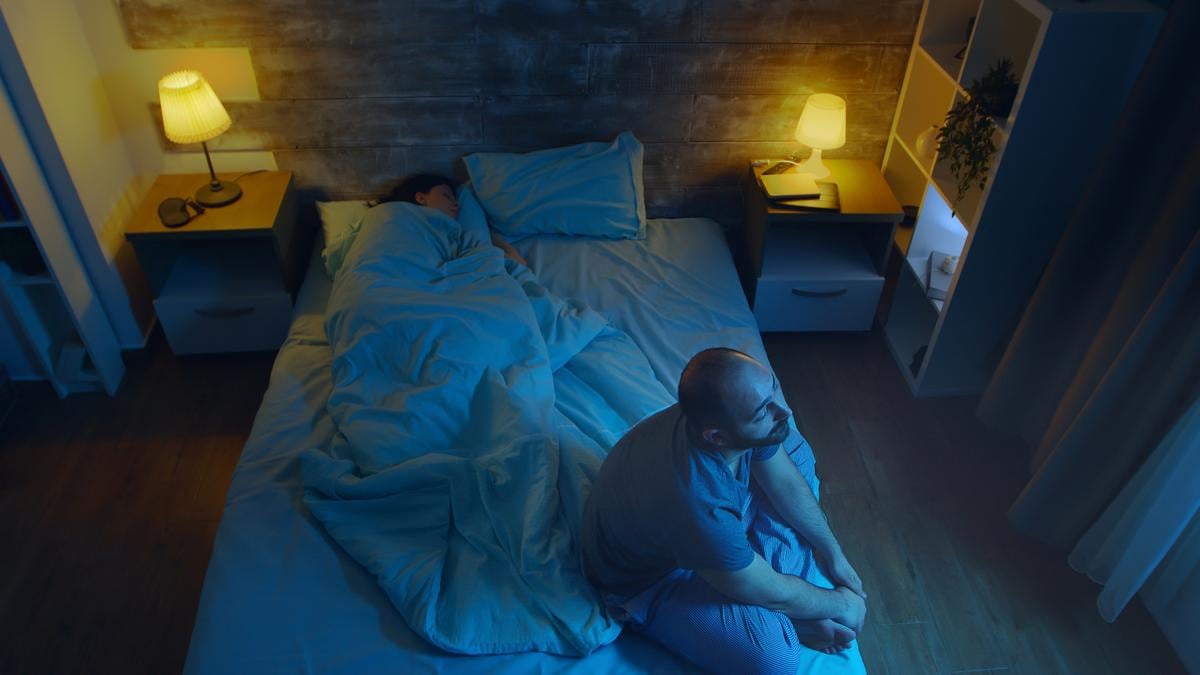
Folks with irregular sleep patterns might have an increased risk of a heart attack or stroke, a new study says. People who doze off and wake up at extremely varied times day by day have a 26% increased risk of a potentially fatal heart-related health emergency, results show. This elevated risk occurred whether or not… read on > read on >










.jpg)

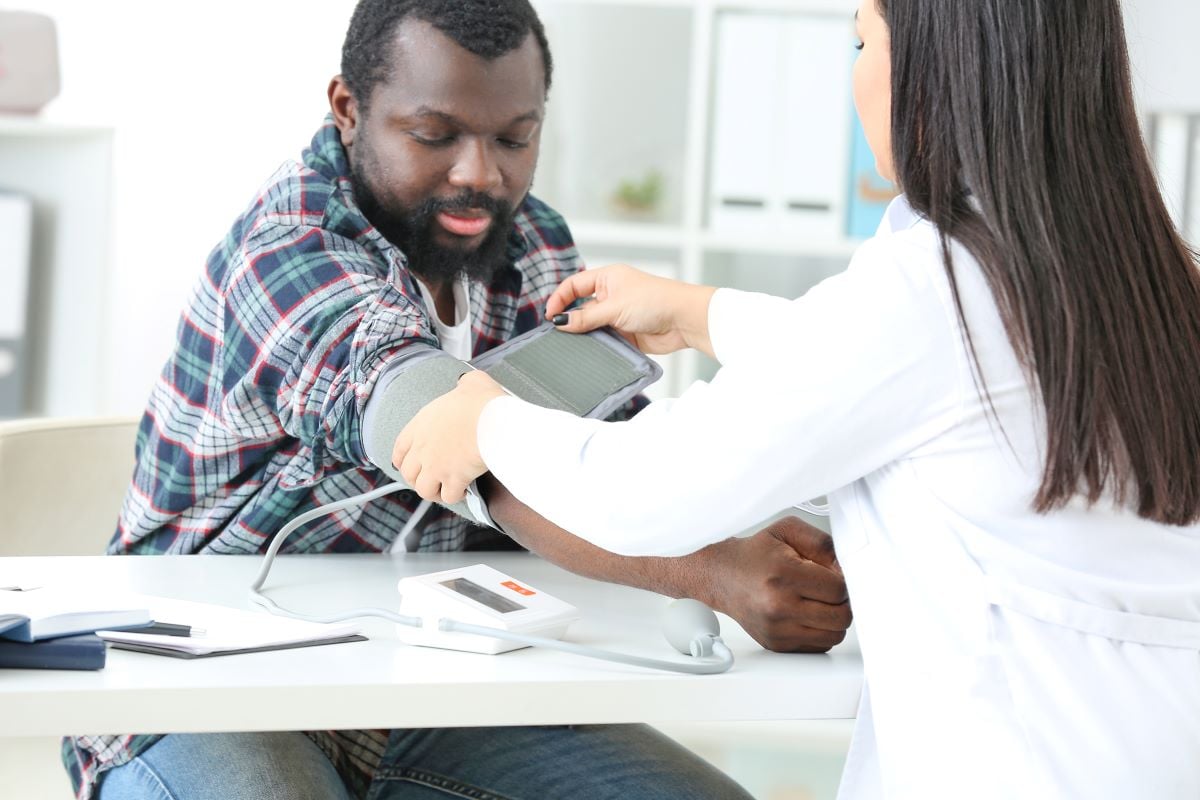
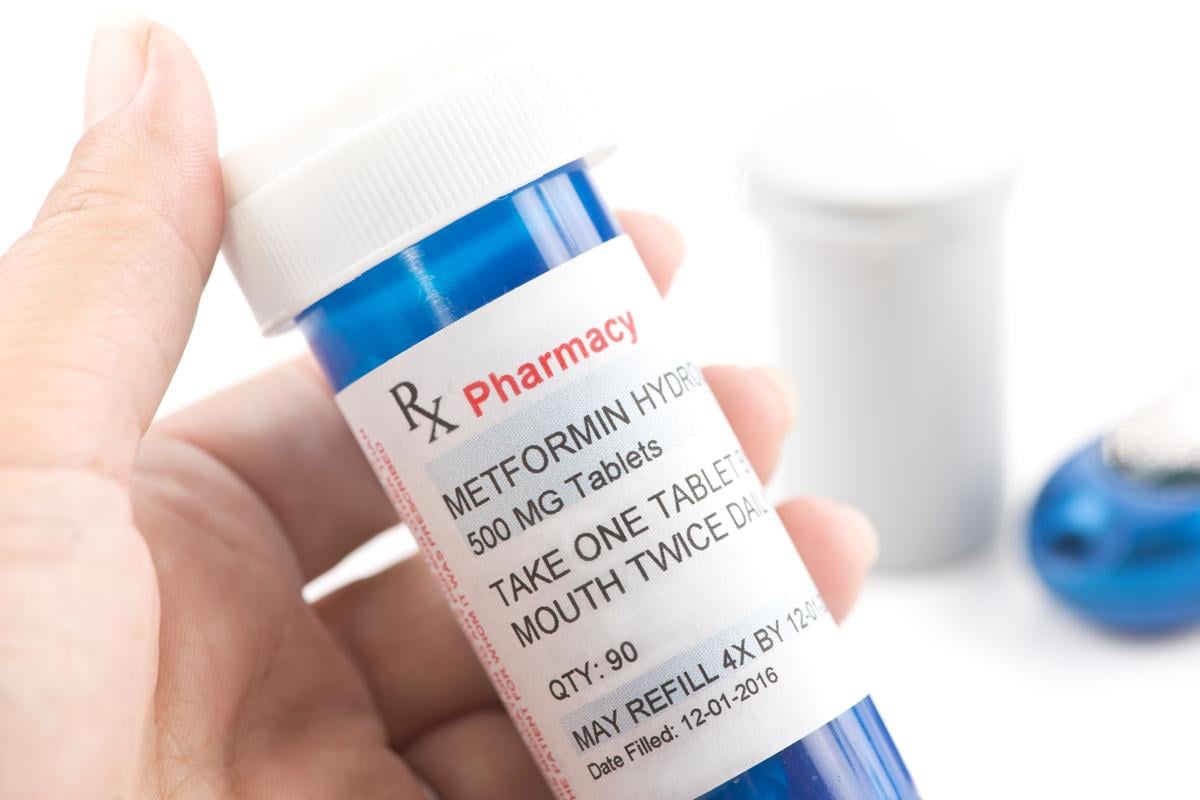
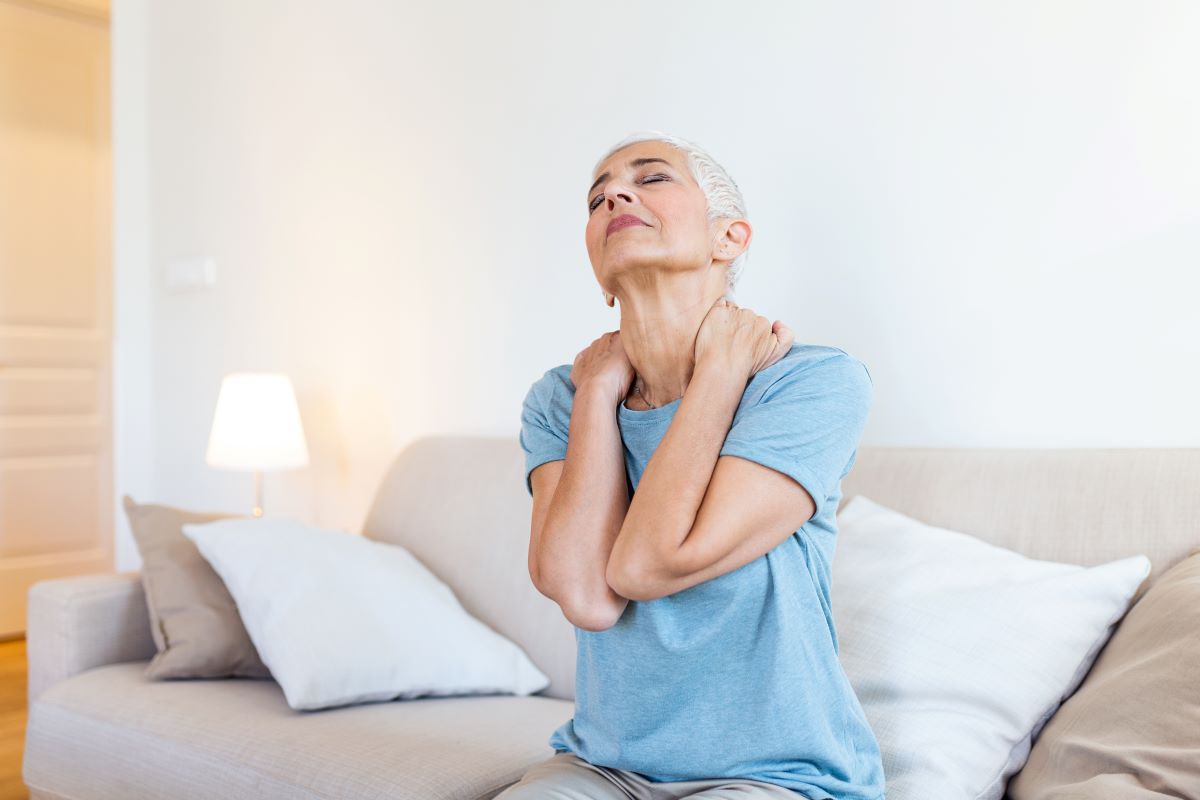
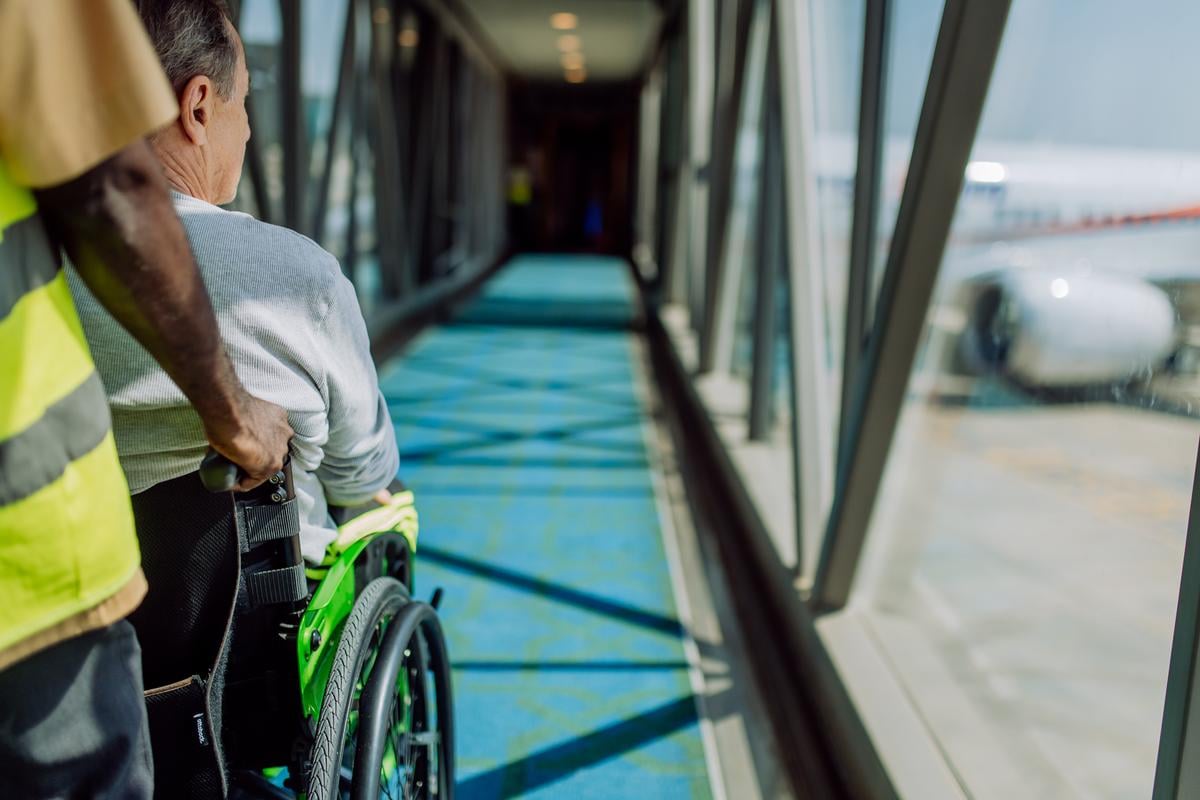
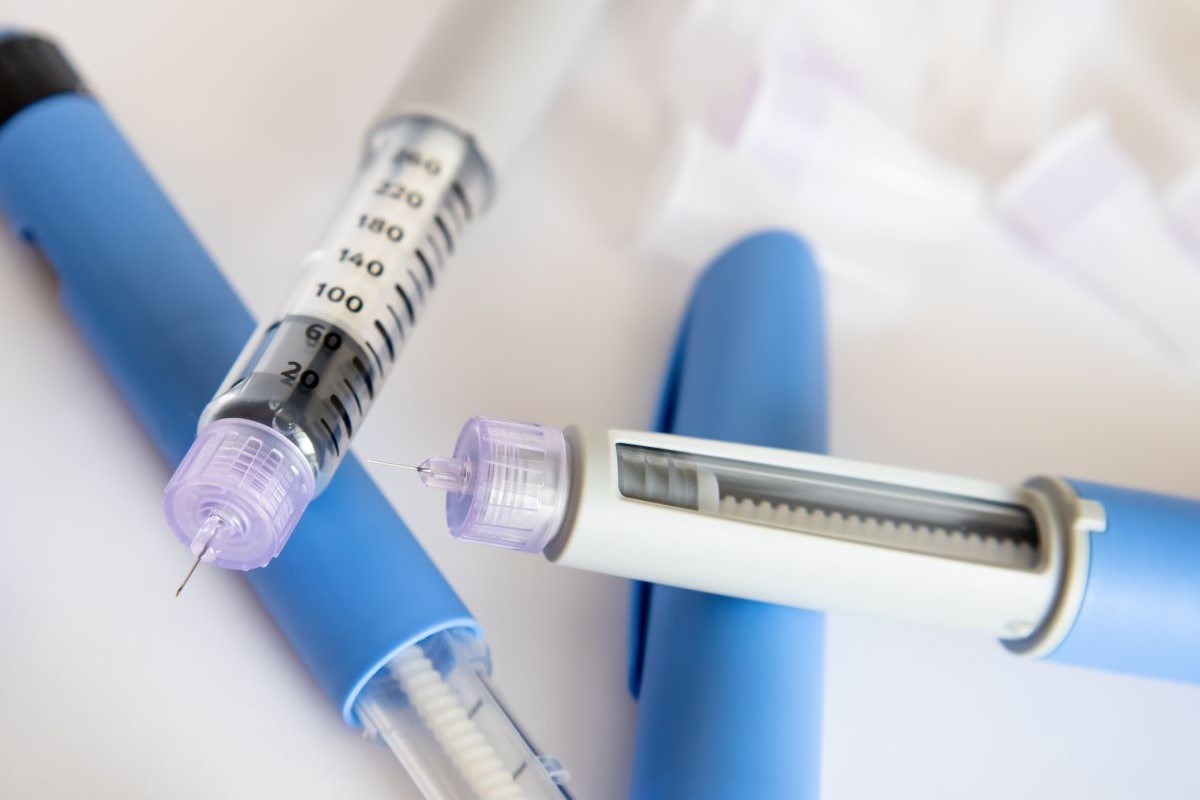

.jpeg)